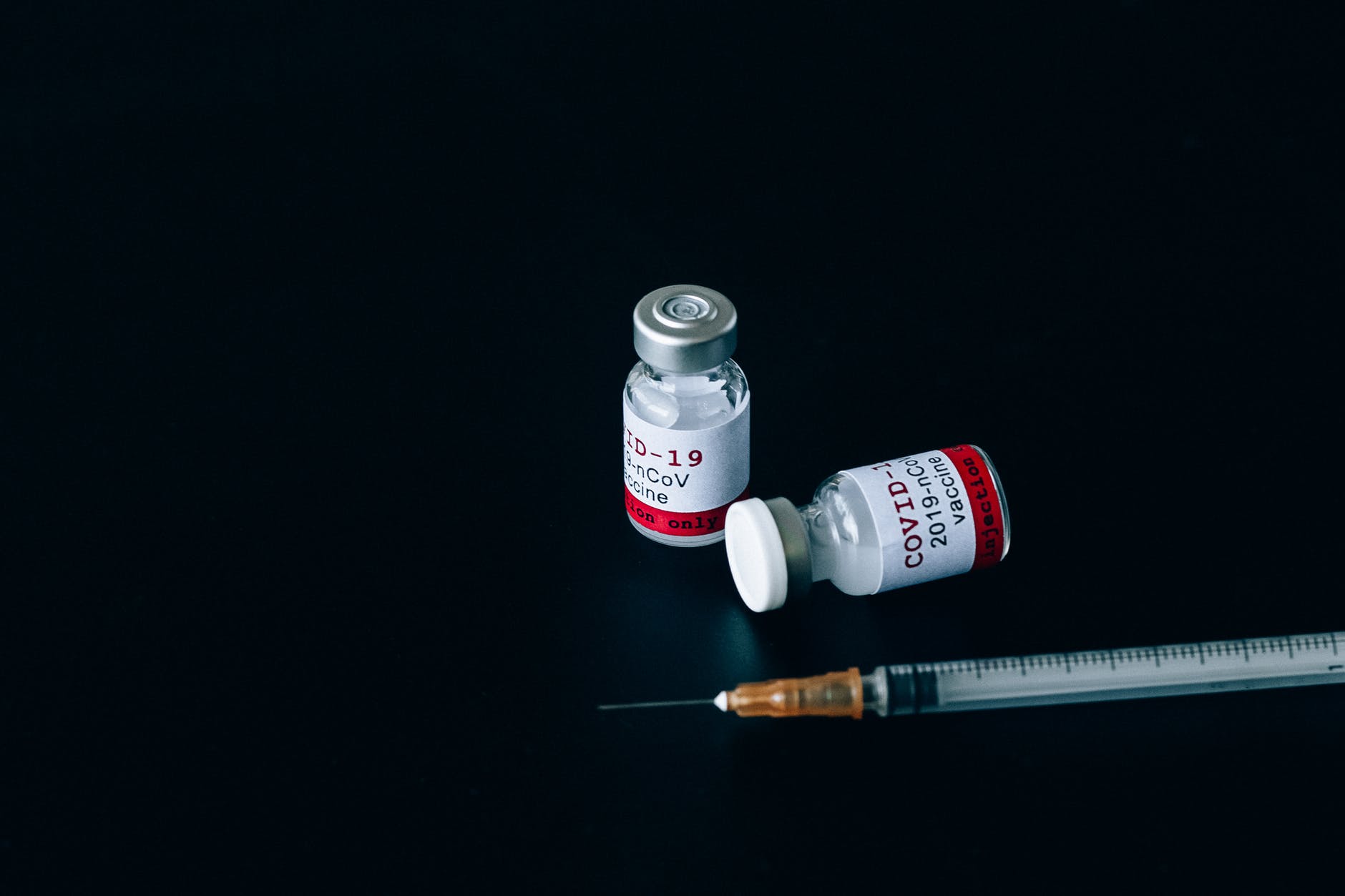Covid 19 bought the world to a standstill in 2020, and we are only now starting to take permanent steps towards recovering from the pandemic. Imminent recovery also forces us to address the many social and logistical issues laid bare by Covid-19 restrictions- matters such as the viability of work-from-home arrangements and greater questions about gender parity in domestic labor and childcare.
One of these burning post-Covid questions is how we are going to deal with the next pandemic. Multiple sources are predicting another, likely deadlier, global disease. This is a function of many fairly recent developments. For example, greater population density, increased drug resistance, and decreased forest coverage all allow new diseases to infect and evolve at alarming rates. Covid-19, as horrible as it is, is still fairly benign for a pandemic. The next one could be far worse. It is in terms of this that we need to discuss the role that vaccines play in society, and how pharmaceutical companies and their IP interact with the needs of the world.

The Covid-19 vaccine did, to a point, succeed in bringing together people from around the world. In 2020, WHO’s COVAX initiative brought together multiple organizations from multiple countries, a list which included both AstraZeneca and Moderna. The development phases of the Covid-19 vaccines have been a study in streamlined efficiency, allowing manufacturers to come up with viable, safe vaccines in one-fifth of the time it would normally take to make.
Now that the first brush of energy has faded and we are in the long implementation phase, we are encountering other problems. Namely those of access and distribution. Countries where the vaccine has been developed (as well as, to a limited degree, manufacturing powerhouses like China and India) have a better vaccine access. Predictably, poorer regions of the world are lagging behind, with some projected to not be vaccinated fully till late 2023 at least, if ever.
Quite a few of these problems may have to do with patents. A pharmaceutical company invests quite a lot into vaccine research, especially if it is as fast-tracked and resource intensive as the Covid-19 vaccine research was. Recouping costs is a necessity for any business, which is why Patents are essential. They incentivize researchers to innovate, because there is a guarantee of rewards on the completion of the successful product. Weakening the patent regime weakens these incentives, which are particularly important for pharmaceutical products. These, in particular, require long hours, cutting-edge technology and extensive documentation. All of this makes them functionally difficult for a small group to manage on their own, and near-impossible without considerable financial capital.
That does, however, contribute to the current problem facing the global south; the reluctance of patent holders to license their patents to those who are unable to pay higher prices. Proposed solutions include implementation of mandatory licensing clauses and caveats to government-funded medical research. For example, the USA government’s program (Operation Warp Speed) to incentivize faster vaccine production gave hand-picked companies more than 10 billion, along with contract clauses to the effect of the government claiming no rights to the finished product. This is unlike other global financiers like the Bill and Melinda Gates Foundation, which specifically include equitable access clauses as a condition of their grants.
Other, more radical proposals seek to rethink the way the systems work today. Theories have been floated about a government-funded, open-source drug development market. Something that may be useful in theory, but largely unrealistic to implement given the practicalities of political situations.
Whatever the case, the clock is probably ticking towards the next pandemic as we speak. Here’s hoping we have learned enough from this one to survive it when it comes.
Author: Varsha Valsaraj, Legal Associate at PA Legal.
In case of any queries, kindly contact us here.